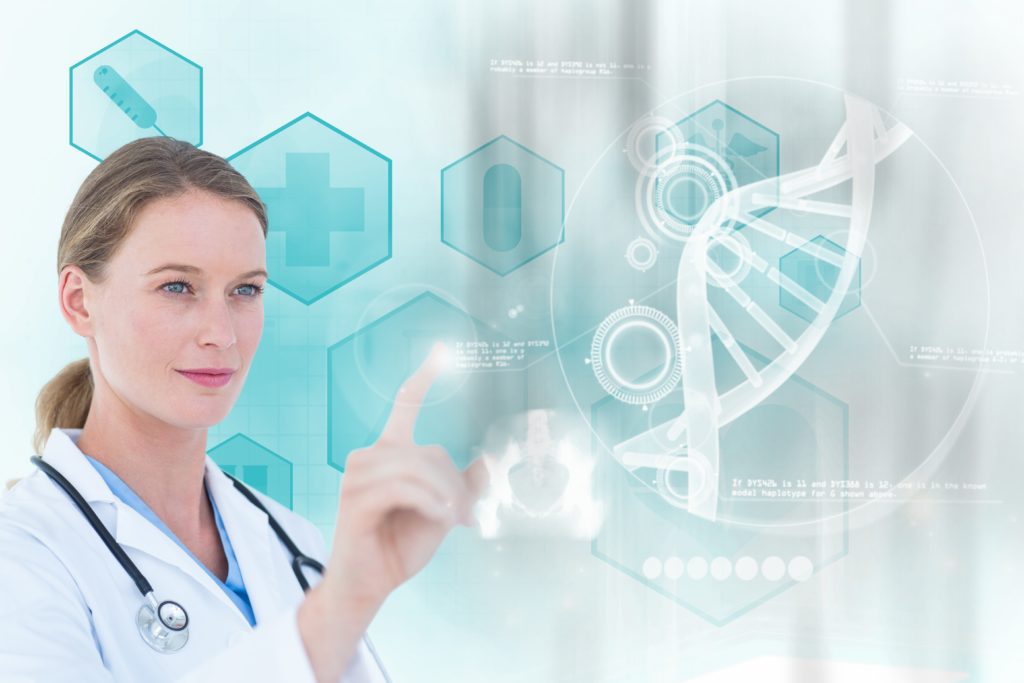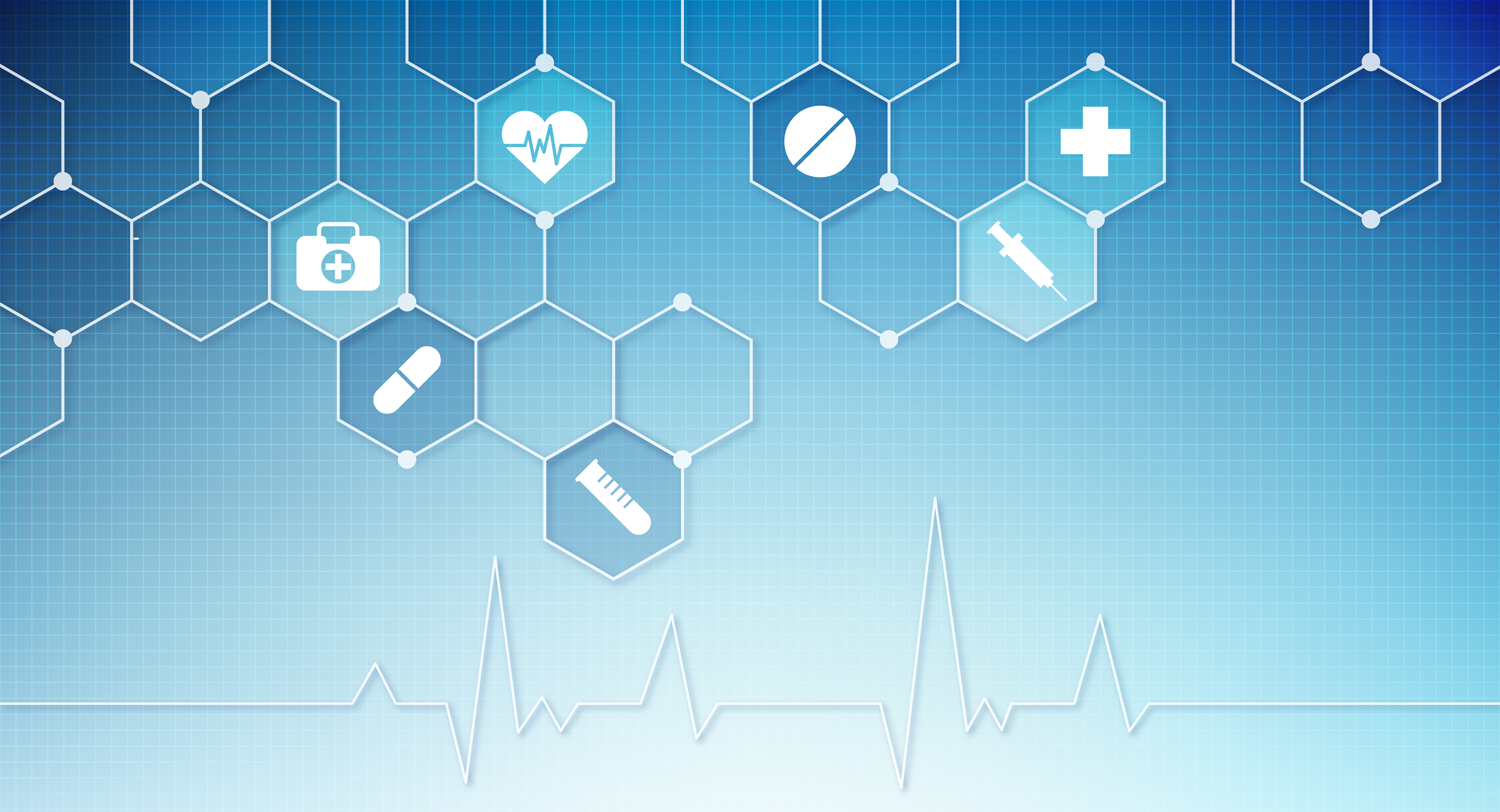Find out how Machine Learning Medicine is solving one of the biggest problems in healthcare
Do you remember when your doctor used to hand you a paper prescription? You would have to go to the pharmacy, give them the prescription and wait a half hour or more for your medicine to be ready. Today, your doctor sends an electronic prescription and it is ready to pick up by the time you arrive at your local pharmacy. Electronic prescriptions were just the tip of the iceberg when it came to technology in health care. Machine Learning Medicine has revolutionized the health care industry and will continue to improve the ways in which we receive medical care.
Machine Learning Medicine is the collection of data from a wide-variety of sources to effectively prevent, detect and plan the individual treatment of medical issues. As you are well aware, every patient has a unique medical history, genetic lineage, past conditions, diet, etc. There is not a ‘one-size fits all’ treatment to disease. It is an ongoing challenge in the medical community to effectively collect and analyze all of the data necessary to make the best decision for each individual patient. Currently, medical professionals make health care decisions based on the information available to them at the time of the diagnosis. Machine Learning Medicine will be able to more effectively collect and analyze data pertinent to a patient’s diagnosis and treatment options.

According to Alison Callahan, PhD, a biomedical research scientist at Stanford University, machine learning applied to Electronic Health Records (EHRs) “can generate actionable insights, from improving upon patient risk score systems, to predicting the onset of disease, to streamlining hospital operations.” EHRs also allow for the centralization of a patient’s medical records so that all records are available to each doctor.
Machine Learning Medicine has already allowed for the use of Remote Monitoring Devices (RMDs). RMDs monitor a patient’s vitals and then sends the information to the doctor. Machine Learning Medicine will notify the doctor if the vitals are outside the normal range. Additionally, Machine Learning Medicine is beginning to analyze medical images such as mammograms and CAT scans and accurately make diagnoses.
Companies such as NeuroChain are continuously researching and developing new applications for Machine Learning Medicine. They hope that their technology will continue to holistically improve the healthcare industry.
NeuroChain, let’s build a better world!
Photo credits:Freepik.comFollow us on Telegram, Facebook, Twitter and YouTube. If you have any questions, feel free to get in touch with NeuroChain Team, and we will answer you as soon as possible!

Leave a Reply